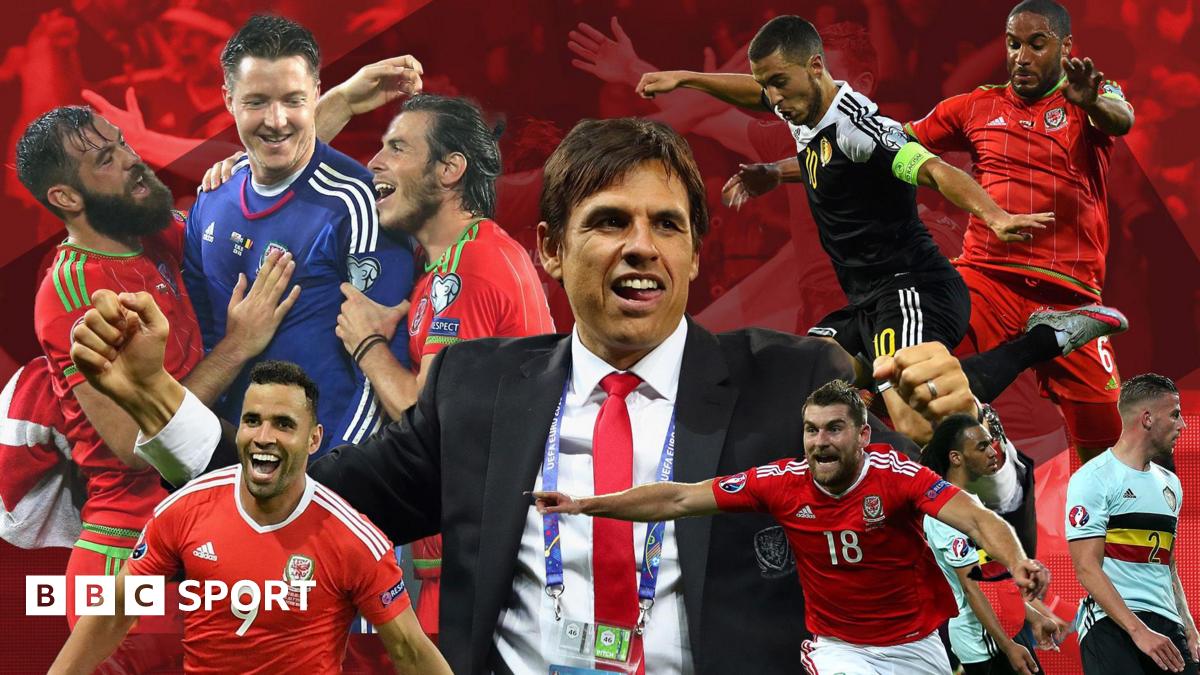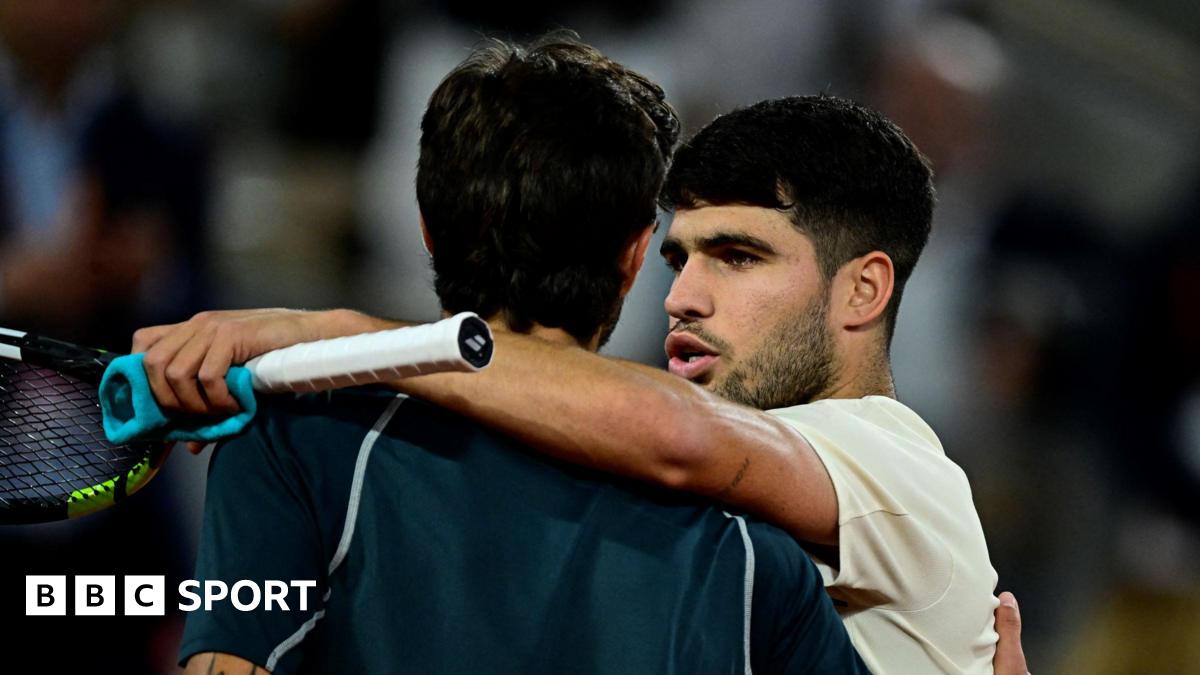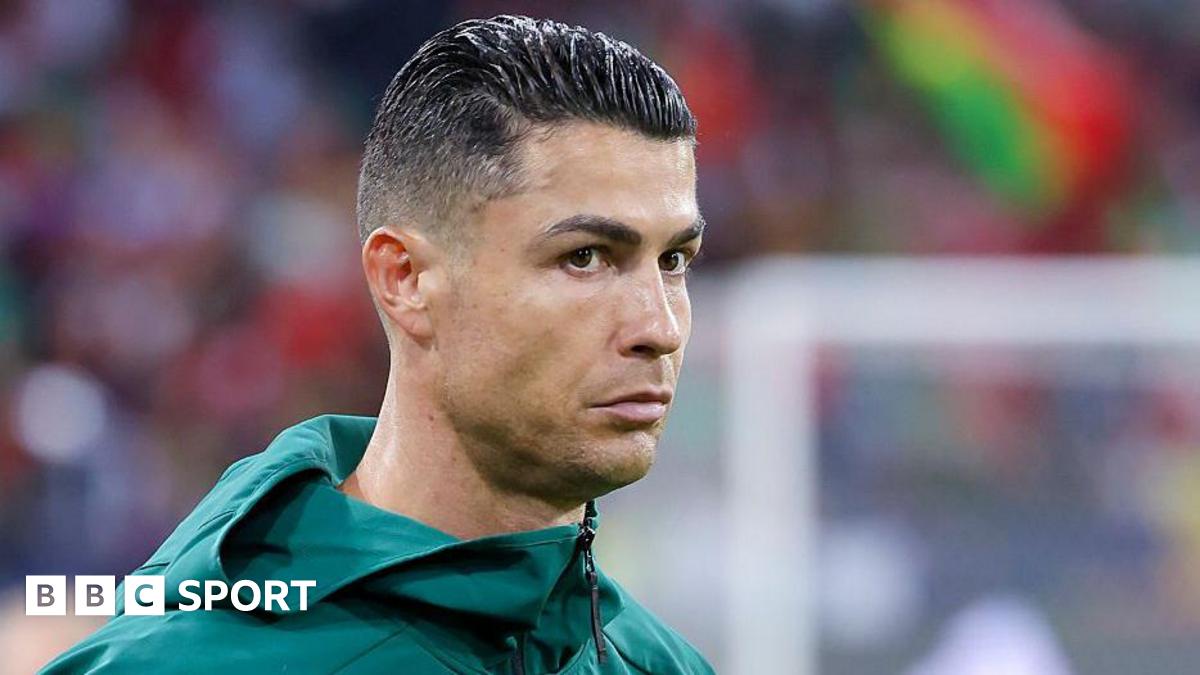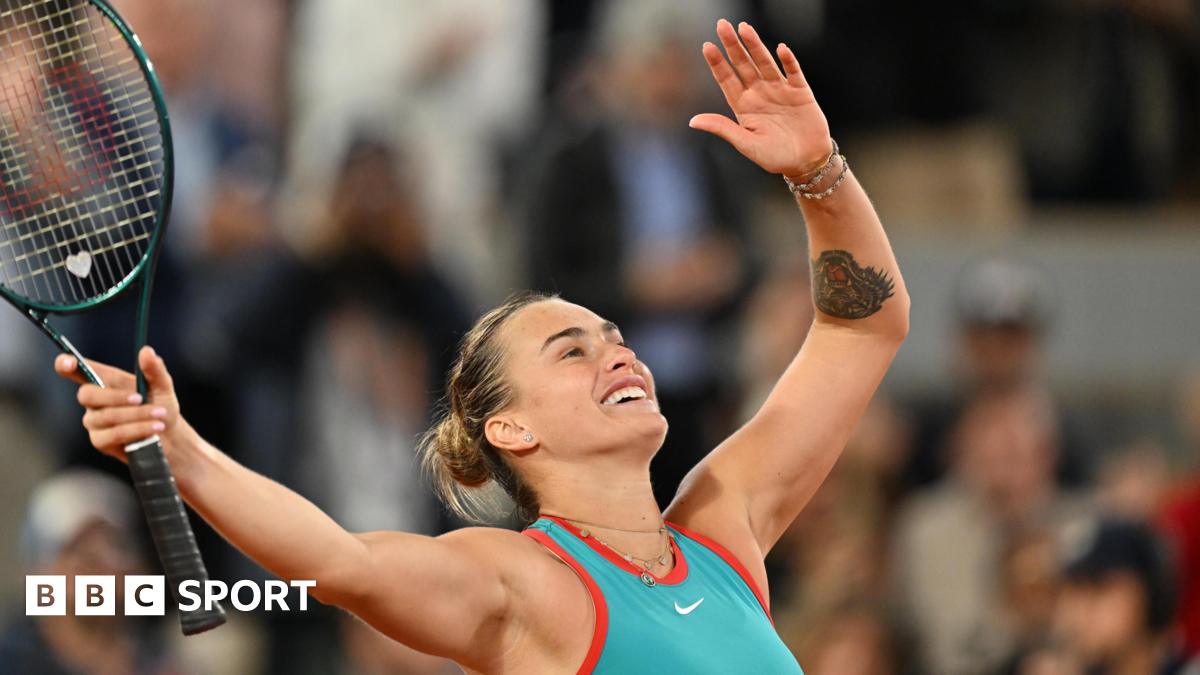
Baxter HolmesMay 22, 2025, 07:00 AM ET
ON MONDAY, AS the Oklahoma City Thunder prepared to open their Western Conference finals series against the visiting Minnesota Timberwolves, Thunder head coach Mark Daigneault sat at a table facing reporters and addressed a question about one of the most consequential storylines of the playoffs.
The officiating. Or the perceived lack thereof.
The specific query focused on Timberwolves head coach Chris Finch and whether Finch might try to influence the officiating through his comments to the media.
Finch had seemingly done so after a matchup between the two teams in the regular season, saying after a win against the Thunder in February, "It's so frustrating to play this team because they foul a ton. They really do. They foul, they foul all the time. And then you can't really touch Shai [Gilgeous-Alexander]. It's a very frustrating thing, and it takes a lot of mental toughness to play through it."
Did Daigneault prepare for potential gamesmanship? Did he prepare his team?
Daigneault was blunt in his response.
"We prepare the team for the games, first of all," Daigneault said. "I said this in the Denver series because it came up there too -- teams, players, coaches are going to use the media to try to influence the whistle as a competitive advantage. The margins are thin in the playoffs. Everyone is looking for an advantage. Some teams will go to that, to do that.
Daigneault added, "If they are influenced by anything that anybody says in the media, they shouldn't be working in the Western Conference finals."
The annual discourse about officiating -- and especially in the postseason -- is not new. What is new this season is its intensity, from coaches complaining about discrepancies to players wondering out loud if the league has lost control.
From his post as the NBA's vice president of referee development and training, Monty McCutchen evaluates such comments from coaches and players, whether made publicly or privately. And he tries to discern between the delicate balance of potential gamesmanship -- influencing officiating -- and valid concerns.
"It's my job to understand when there's validity to the complaints," McCutchen told ESPN. "What I don't and can't do is influence a series. When coaches are right, I'm comfortable enough in my own skin to admit it and then it's my job to transfer that to the group."
McCutchen made clear that there's nothing on the league's end that indicates that these playoffs are more physical or are being officiated any differently than in prior years.
"For me, it feels par for the course," McCutchen said. "It feels very similar. And our analytics show that it's similar to past years."
McCutchen says there's been no shift in officiating -- that no mandate has been given.
"There's no light switch that we turn on from a management or league perspective that says absolutely we're going to let the playoffs be more physical," he said.
LYING ON THE court, Boston Celtics star Jaylen Brown writhed in pain, holding his left hand. His teammates gathered around him.
It was the second quarter of Game 3 of the Celtics' first-round series against the Orlando Magic, and Brown had just driven to the rim against Magic guard Cole Anthony.
When Brown tried to elevate for a shot, Anthony pulled him to the ground. Brown landed hard, dislocating his left index finger.
Anthony was called for a flagrant foul, the third against the Magic in as many games. The first, in Game 1, injured the right wrist of Celtics star Jayson Tatum. The second, in Game 2, split open the forehead of big man Kristaps Porzingis.
After Game 3, Brown, who was already nursing a knee injury, fumed.
"There might be a fight break out or something because it's starting to feel like it's not even basketball, and the refs are not controlling their environment," the 2024 NBA Finals MVP said.
But in reality, teams are going to the free throw line more, not less.
Consider that a team's free throw rate is the percentage of shots that result in free throw attempts.
This season's rate was 24.3%. In the postseason, that number has jumped to 26.9%, the largest increase between the regular season and the playoffs since 2012-13.
"There is zero doubt that the playoffs are more intense," McCutchen said, "and I think that we treat 'intense' and 'physicality' as synonyms, when there's nuance between them. Most certainly, intensity can create physicality, and I wouldn't deny that, but I do think that the intensity of the playoffs is so vastly different than the regular season."
McCutchen added that in the playoffs, teams' familiarity with their opponents can lead to increased physicality. They scout each other intensely. They adjust frequently.
"Knowing where people are going to be at, everything about that sense of familiarity brings bodies closer together," he said.
Still, despite the statistics, the narrative remains.
After the Golden State Warriors defeated the Minnesota Timberwolves in Game 1 of the Western Conference semis, Finch stood at the lectern again.
"We'll certainly try to take justice into our own hands whenever we can -- I think that's the nature of a physical sport -- but by the same token, my god, you should see some of these clips," he said. "They look like pulling guards and linemen out there just taking shots at Rudy [Gobert]."
Warriors coach Steve Kerr, for his part, didn't hold back either.
"They were bear-hugging Steph and they could have called six fouls, but the league has established the physicality in the playoffs," he said. "[Finch] talked about it last week, just the overall physicality. To me, it's crazy out there what's happening.
"I got my complaints too. Trust me. We all do, and this is how it works in the playoffs. We watch the tape, we see all the fouls on them that aren't called. They watch the tape, they see all the ones on us that weren't called. It's a physical game."
"REFEREEING IS ALWAYS slightly behind innovation," McCutchen said, "because we start to see something and then have to grow into what we're seeing."
In 2023, officials had recognized a growing trend: Offensive players would drive from the wing toward the free throw line, and they would frequently drive into the outside shoulder of the defensive player running parallel with them, creating contact and pressuring referees to call a foul.
"As soon as we got back from Christmas break," McCutchen said, "we started developing a playlist of 30 or 40 of these, where offensive players were just baiting defensive players into the foul by driving to their outside shoulder and then picking the ball up and looking like they were off balance."
By January 2024, the list of plays grew to around 50, and it started spreading to officials around the league. By mid-February, officials started adjusting. "In terms of straight-line parallel plays, we got really lax about it," McCutchen said, "Offensive players were out-innovating us, I would say. So we really honed in on that straight-line pathway."
And in mid-April of 2024, Silver noted the change.
"That was a point of emphasis on behalf of the league," Silver said at an NBA board of governors news conference. "We were transparent with our teams about that. Again, everyone can see what's happening on the floor and make their own judgments about the calls being made. So, yes, there was a bit of an adjustment made along the way."
Team free throws per game dropped each month in the 2023-24 season, starting from 23.2 in November then to 19.7 in March, making the first time since 2005-06 that free throw attempts per game dropped over the course of four straight months.
On April 9, 2024, the Celtics became the first team in NBA history to attempt zero free throws in a game. In that same game, the Bucks and Celtics combined for two free throw attempts, the fewest in a game in NBA history.
That particular change carried over into the 2024 postseason, where teams averaged 20.3 free throw attempts, the fewest in a postseason all time. (The previous fewest was 21.4 in 1973-74.)
This season, teams averaged 21.7 free throw attempts per game, the fewest in a season in NBA history. But teams also averaged 37.6 3-pointers per game, the most in a season in NBA history. Put another way: Teams are launching from deep more than ever, which leads to fewer opportunities for contact in the lane. But, McCutchen said, the change from last season has held.
"What we're trying to find is this balance between skill and legal physicality," he said. "And for sure we've made that conscious choice over the last 18 months or so to allow for defenses to have a fair shot provided they get to that [spot] first."
After 25 years of officiating NBA games, McCutchen often watches games from home, or, sometimes, if Kane Fitzgerald (vice president of the league's referee operations) needs a rest, at the league's replay center in Secaucus, New Jersey.
"I watch the games with an intense eye," he said.
He takes notes. He looks at how referees show growth.
He also takes messages and phone calls from teams.
"When the team calls me and they say, 'Hello, I want to talk about tonight,' I say, 'Happy to do that. Would you like me to get the other team on the line so that we can have that discussion?' Now, often they don't want to have that conversation at that point," McCutchen explained.
"And that's fair too. Any email, anything that gets corresponded in the playoffs, it is cut and copied and put into an email to the opposing team and says, 'Per our transparency protocols, here's what's been asked. We will circle back with an answer to both of you about these two plays or whatever it might be.' And so there is no lobbying that we allow one team to have over another.
"Each team is different in how they go about that. And we can't have that imbalance at this time of the year. And I'm very strict about that because I believe in fairness. I believe it's the core value of competition."
When a team sends in clips that it would like to be reviewed, McCutchen said he doesn't forward them to the officiating crew that is working the next game in that series and does not instruct them to adjust their officiating.
"We do not put our foot on the scale that way," McCutchen said. "We have standards that we hold NBA referees to. And if those individuals didn't live up to those standards, then those people are held accountable. But I am not calling crews ahead of time. That's highly unethical. My job is to educate, improve. If we need to have talks in between rounds before series begin, then we try to do those kinds of things if needed.
"But I don't put my foot on the scale in a series. Teams don't always believe that."
When McCutchen's remarks were shared with an NBA coach, who was granted anonymity in order to speak freely, he said it all seemed fair. "I think they try their best to do the job, and it's a brutal job," he said. "It's really, really hard."
The pressure on the league to call plays correctly has never been higher, the coach said.
"So you see more and more replay added year after year. The league has tried desperately to get everything right in a sport where it's impossible to do so.
"But I will reiterate: I think they have a really, really hard job."


















































